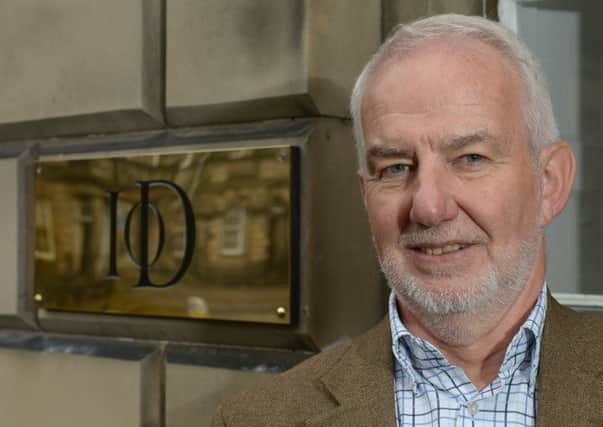David Watt: Public sector superboards on ice, for now
This article contains affiliate links. We may earn a small commission on items purchased through this article, but that does not affect our editorial judgement.


However, the shape of those actions has been contested vigorously of late particularly in the public sector here in Scotland.
For those who have missed it, the Scottish Government’s plan to create a new “National Strategic Board”, encompassing Highlands & Islands Enterprise (HIE), Scottish Enterprise, Scottish Development International, Skills Development Scotland (SDS) and the Scottish Funding Council (SFC), has hit the buffers again, with MSPs voting it down for the second time.
Advertisement
Hide AdAdvertisement
Hide Ad• READ MORE: David Watt: Intervention is not the way forward
Campaigns on behalf of, most prominently, HIE and the SFC, have fought vigorously the centralisation of power suggested by the Government, and rightly so.
Boards are crucially important to organisations and companies, and ultimately to the health of the economy, which is why it is vital that they are made up of the right people, and that they function properly for the benefit of stakeholders. Good board governance isn’t an aspiration, it’s a must.
To govern a business or an organisation successfully and to ultimately deliver the organisational strategy, the board must have their eyes and minds open, be prepared to use collective experience and expertise, while being accountable and transparent.
This is why boards are carefully chosen, talented and knowledgeable individuals who come together in the best interests of the entity – they must use their judgement to determine what is the best method of delivering agreed strategic aims. The light and shade that a diverse, engaged and well-informed board brings to the table is central to its success, or the reason for its failure – their involvement and commitment is crucial.
Central control is not good for boards and limits their decision and impact. When people try to influence the systems and processes of the board for whatever reason, unintended consequences usually follow – and when a board has too broad a remit, the danger of this increases exponentially.
Put simply, what’s good for Scottish Enterprise might not work for SDS, or HIE, and vice versa – the result of standardising control could be very damaging as it will remove local input and affect relevance.
Advertisement
Hide AdAdvertisement
Hide AdAll of these boards have a really important role in delivering a successful economy and need the freedom to do this while working closely together to deliver a national agenda of economic prosperity. Occasional formal intervention may be required to keep them focused but it is usually limited to special circumstances. Ongoing political diktat is definitely not consistent with well-practised board consideration.
With regards the creation of their “superboard”, where ministers propose to step into the seat of all-encompassing control, we await the Scottish Government’s next move.
They would be better focusing on getting things done at present and that could just be an early positive outcome from the current political upheaval we find ourselves embroiled in once again.
• David Watt is executive director of the Institute of Directors Scotland